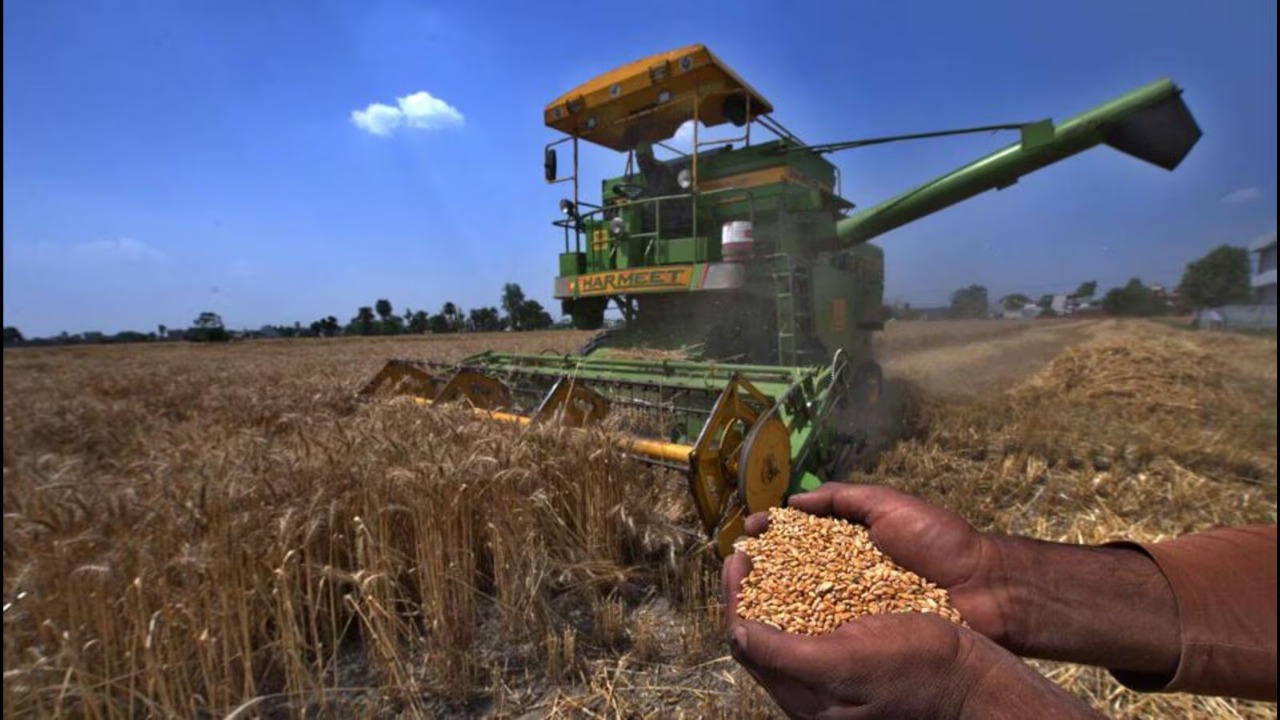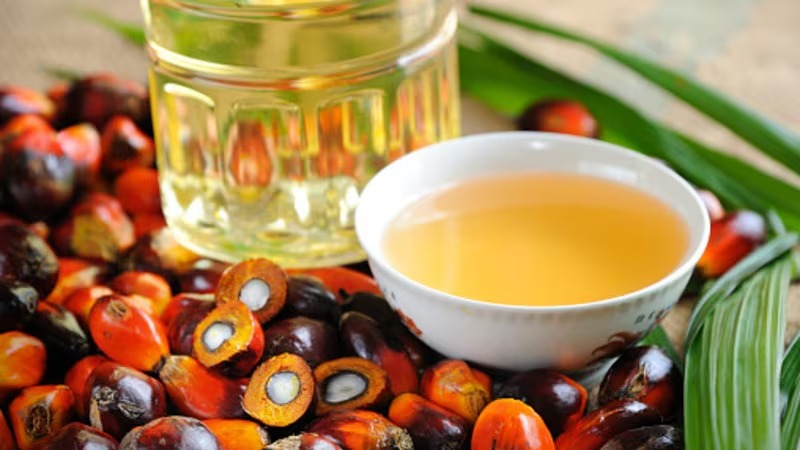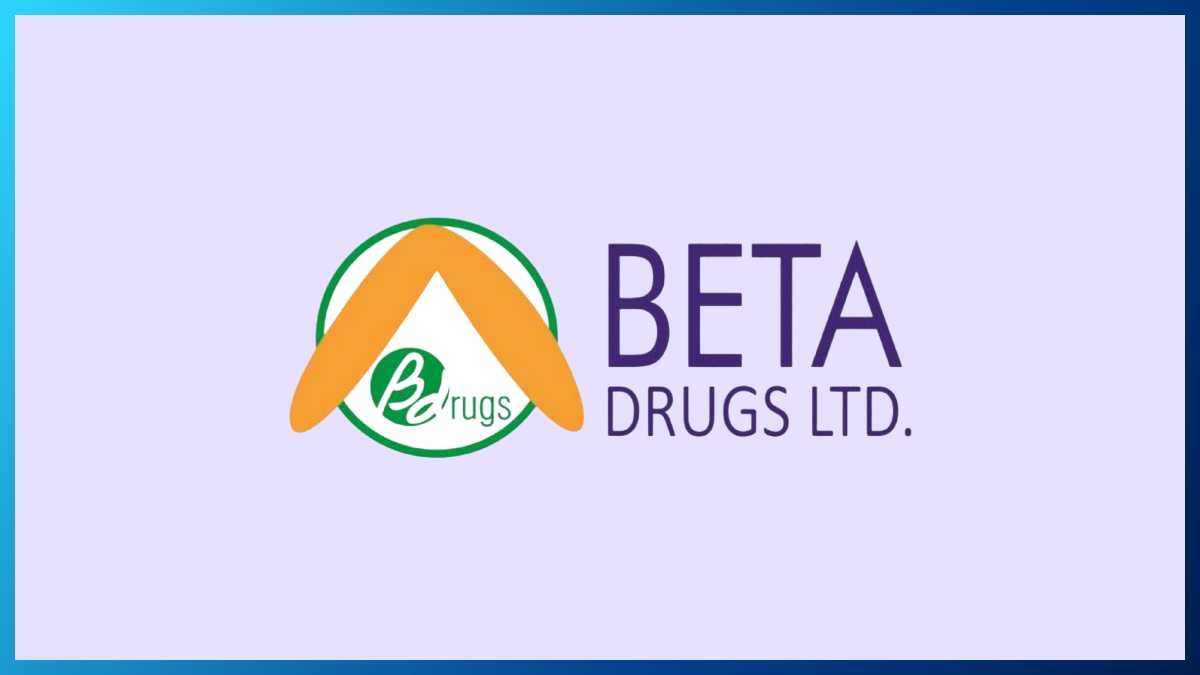
Follow WOWNEWS 24x7 on:

The Haryana government has announced a significant increase in the subsidy on certified wheat seeds for the upcoming sowing season, aiming to support farmers, promote timely sowing, and enhance agricultural productivity. This move comes as a proactive effort to reduce cost burdens on farmers amid rising input prices and to advance the state’s leadership in strengthening India’s food grain reserves. With wheat cultivation spanning over 60 lakh acres in Haryana, the subsidy hike is anticipated to create a considerable positive impact on the farming community.
Key Highlights Of The Subsidy Enhancement
Subsidy increased from Rs 1,000 per quintal last year to Rs 1,075 per quintal this year
Certified wheat seeds will be sold at Rs 3,000 per quintal, translating to around Rs 1,200 per acre cost for farmers
Price rise linked to a Rs 150 hike in Minimum Support Price (MSP) of wheat and Rs 50 per quintal incentive for seed producers
Seeds distributed through government agencies including HSDC, NSC, HAFED, HLRDL, IFFCO, KRIBHCO, NFL, etc.
Policy aims to encourage the use of high-yielding certified seeds and promote timely crop sowing
The Importance Of Certified Wheat Seeds For Farmers
Certified seeds are crucial in ensuring quality, higher germination rates, and resistance to pests and diseases. By encouraging farmers to adopt these seeds through subsidy support, Haryana is pushing for higher crop yields, better quality wheat production, and increased agricultural incomes. This is especially meaningful for small and marginal farmers, who often face challenges due to expensive inputs and limited access to quality seeds.
The increased subsidy makes certified seeds more affordable and accessible, helping farmers avoid reliance on uncertified or local seeds that may lead to lower productivity. In the long run, this translates into improved food security and steady income growth for farming households.
Government Agencies Leading The Distribution Effort
To ensure transparency and affordability, the subsidized certified seeds will be provided through multiple government agencies across Haryana. These include the Haryana Seed Development Corporation (HSDC), National Seeds Corporation (NSC), Haryana State Agricultural Marketing Board (HAFED), Haryana Land Reclamation and Development Corporation (HLRDL), Indian Farmers Fertiliser Cooperative Limited (IFFCO), Krishak Bharati Cooperative Limited (KRIBHCO), and National Fertilizers Limited (NFL).
Such widespread government support ensures availability in both rural and semi-urban areas, creating a robust supply network for farmers preparing for the Rabi season.
Impact On Agriculture And Food Security
Wheat is a major crop in Haryana, cultivated on around 60 to 62 lakh acres annually. The increase in subsidy on certified seeds encourages the use of scientifically proven seed varieties that have a direct bearing on crop productivity. The state sells 12 to 14 lakh quintals of certified wheat seeds annually, with almost half coming via government agencies.
This initiative is aligned with the state government's broader commitment to enhancing farmers' welfare through subsidies and farmer-centric schemes. By reducing input costs via subsidies and improving yields through quality seeds, Haryana aims to sustain its position as a critical contributor to India’s food grain reserves.
Forward-Looking Support For Farmers
The hike in subsidy is also a strategic step to ensure timely sowing of wheat, an essential factor for optimizing crop output during the Rabi season. The government emphasizes that continued support and expansion of such measures are integral to the state's vision of empowering farmers and promoting sustainable agriculture.
The subsidy increment absorbs some pressure from rising MSP and other production costs, which reassures farmers and contributes to their confidence for this and future farming cycles.
Closing Perspective
With this subsidy enhancement, Haryana has once again demonstrated its commitment to farmer welfare and food security. By making quality certified wheat seeds more affordable and accessible, the state is setting a benchmark in agricultural support policies. This timely boost not only strengthens the financial health of farmers but also bolsters India’s food production capability at a time when supply chain resilience is paramount.
Sources: India TV News, PTI News, Jagran, Rediff Money, The Week, Devdiscourse






